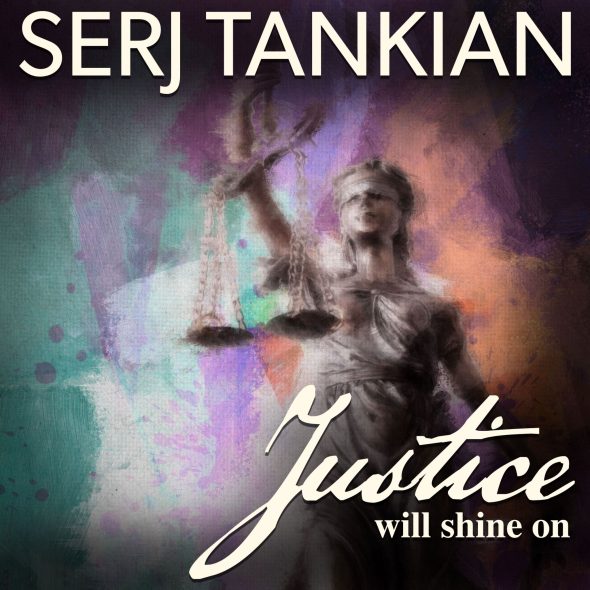How to prevent bottom-feeders from getting your prized strat
by Stephen Stern, executive editor
 After musicians play their last riff, most hope to find nirvana. But the family and other people left in their wake may end up in dystopia, where a bloodfest likely ensues over the musicians’ gear, publishing and royalty rights.
After musicians play their last riff, most hope to find nirvana. But the family and other people left in their wake may end up in dystopia, where a bloodfest likely ensues over the musicians’ gear, publishing and royalty rights.
Add to that fiery pit the correlation between the value of the deceased’s estate and the number of new children and cousins who seek their fair share of the estate.
To make sure your early model strat isn’t gifted to the biggest shat, create an estate plan to include, at minimum, the basics: a will, a trust and a healthcare directive.
- The will. This is the legal declaration used to distribute the assets of one’s estate after death. It also serves to name the executor (person to administer the estate), as well as provide information as to guardians for children, if necessary. A “pour-over” feature can be added to distribute part or all of one’s assets into a trust.
- The trust. Whereas the will provides for distribution of assets once the estate has been administered, the trust provides an array of tax advantages and strategies — creative gifting of assets over time for a wide array of events or activities — and can help you avoid or minimize the cost and time associated with probate. Moreover, the trust can be revocable in that the creator (trustor) can change the beneficiaries and the types of assets at any time prior to incapacity or death. Irrevocable trusts also provide tax advantages and benefits, providing ownership of selected assets to named beneficiaries, but for the trustor’s use during his or her lifetime. Another major benefit of a trust is the asset protection it provides through spendthrift trust provisions. This is of particular importance when judgment creditors want to take the beneficiary’s share of the trust, or when the beneficiary receives governmental assistance based on his or her financial status.
- Power of attorney for property. Several different types of powers of attorney cover personal or real property, or personal services, health and medical decisions. They can be limited in scope and duration of time. These are important powers when a person is incapacitated and unable to make important financial and health decisions.
- Advanced health-care directives. A living will (“advance directive”) permits a patient to declare his or her wishes regarding life-sustaining treatments in the event of three conditions:
- A terminal illness or an incurable or irreversible condition.
- Unconsciousness, when it is unlikely that consciousness could be regained (often referred to as a permanent coma).
- Advanced dementia, Alzheimer’s disease or other illness resulting in substantial and irreversible cognitive loss.
According to state law, upon one’s death, there are several steps that need to be taken. The first step is called “probate.” It means determining the validity of a will. Based on the will, an executor is named to administer the estate, either informally of formally, depending on the type and nature and value of the assets in decedent’s estate.
- Informal probate. In California, the estate can be treated as informal if the estate assets are less than $150,000. This reduces the cost of probate and does not require court oversight.
- Formal probate. This requires numerous steps, including approving the executor, noticing the beneficiaries, obtaining appraisals, providing an accounting, court approvals and much more. The executor and attorney receive compensation based on the percentage value of the estate, and the probate can take six months to two years, depending on its complexity and whether there is a dispute between and among beneficiaries.
- Non-probate transfers. There are several ways to hold assets that avoid probate. They include trusts, joint banking accounts (paid-on-death accounts), trusts, retirement and life insurance benefits that go to designated beneficiaries, spousal property petitions, community property with right of survivorship and others.
- Intestate succession. Under California law, if a person dies without a will and a trust, the state will oversee his or her estate through the laws of intestate succession. This provides that the assets go to the next living kin of the deceased. And if the next of kin can’t be found, it all goes to the state of California, including your ’48 gold-leafed strat.
Protect your assets by doing some estate planning if you want to remembered for radical riffs rather than the ridiculous rifts between friends and family members,.
Stephen Stern, a three-chord groovemeister, specializes in estate law, intellectual property, entertainment law, bankruptcy and contracts. He provides a free consultation to California residents. For more information, visit www.sternlegalcounsel.com.



